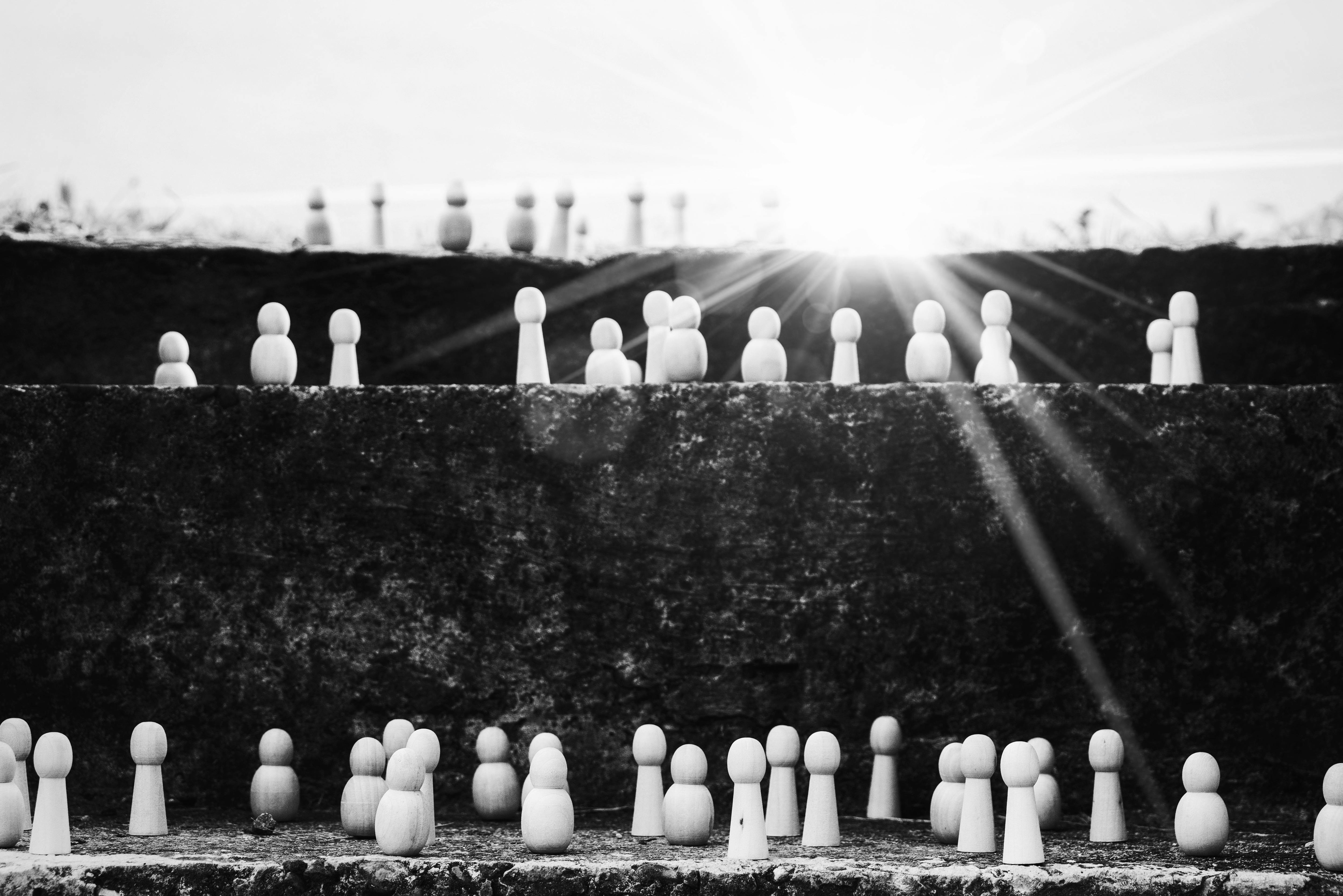The last thing Omar Alshujery remembers seeing when the first US bombs hit Baghdad in 2003 was a “huge light.”
“I saw a huge light,” says Omar, “and yelled, ‘Take cover!’ Then the earth shook. “
Alshujery, who was only 12 years old at the time, screamed as the force of the blast hit him against the wall.
Seconds later, when the next wave of bombs exploded outside the thin plaster walls that cradled Alshujery, his parents, and his five siblings, the power went out, plunging Alshujery’s childhood home into darkness, a darkness that it would eventually swallow up his grandfather and uncles. .
Despite the reports, the war is not at all pleasant. It is not sterile or photogenic. It is complex and convoluted; it’s bloody and chaotic; War is a filthy, hungry, thousand-tooth beast, and it reveled in Iraqis and Americans alike.
The death toll varies. When the Iraq war “ended” on December 18, 2011, the Associated Press estimated 100,600 casualties between March 2003 and April 2009, but a 2007 independent British report put that number closer to 1.2 million between March 2003. and August 2007 only. What no figure explains are the soul casualties suffered by survivors like Alshujery, a survivor of a war between enemies that both claimed their family as casualties.
During the early stages of the invasion, Ashuljery watched as the US Army’s Third Division swarmed the streets of Baghdad, the ground shaking under the weight of the onslaught.
“We hear the F-16s and the Humvees,” says Alshujery. “Then my uncles and my grandfather cried because they knew that our country was destroyed.”
Baghdad fell into chaos after the invasion. The streets were littered with corpses and the city reeked of rotten meat. Alshujery and the other 6 million Baghdad residents went almost seven years without electricity or running water.
“Life was good before the war,” says Omar. “It was peaceful. We had security. We were working, doing business and traveling out of the country. Everything was fine.”
After the invasion, all that changed. The country fell into chaos and Iraqi civilians were caught in the crossfire of Americans and Iraqi soldiers, robbers and bandits, and Iraqi resistance fighters, also known as “the terrorists.”
Suddenly, Baghdad, “the gift of God” in translation, was the most dangerous place on earth, and every day it was plagued with new horrors for Omar and his family.
In 2005, US soldiers broke into her home in the middle of the night and attempted to rob her family at gunpoint. When Omar and his relative refused to give the money to the soldiers, the Americans arrested his father.
A year later, when Omar was 16, he was kidnapped at gunpoint for the second time, this time by Iraqis.
Omar and his uncle, Saeed, were driving through the desert near Anbar, Iraq, when gunmen forced their vehicle to stop. After getting out of the car, they were beaten, tied up and thrown into the trunk of a dark green 1993 BMW at 40 degrees Celsius.
After driving for almost half an hour, the gunmen stopped the car and pulled Omar and his uncle out of the trunk. One of the gunmen pointed a pistol at Omar’s head and ordered him to lower his head and look at the ground.
“At that time, I was not afraid,” says Omar. “It was just zero. I accepted it as it is and said, ‘Okay, I’m going to die.’ I did not close my eyes. I was thinking, ‘Will the bullet go through or not?’ And, ‘Will I see my blood before I die?’ “
Omar and his family finally fled to Syria in 2006 after the kidnapping and murder of his uncles and grandfather.
“We had enough. I watched as gunmen kidnapped my Uncle Salem and my grandfather Taha had been missing for over a year,” says Omar. “After discovering Salam’s body with more than 30 bullet holes, we finally had him. We crossed the border into Syria that night.”
He lived in Syria for almost two years before the International Organization for Migration helped Omar and his family move to the United States in 2008.
“The war took everything and left us with nothing,” says Omar. “It destroyed our homes, our businesses and our lives.”
Despite everything the war took from Alshujery, the 22-year-old keeps his home. Today, Omar shares a modest Portland apartment with his mother, father, five brothers, and sister.
He’s studying engineering at Portland Community College, a degree he dreams of one day wearing when he returns home to Iraq, after the war and occupation, after violence and bloodshed, when his country can rebuild brick by brick. and life for life.
“I look through the past and I see pain and darkness,” says Omar. “My life was a night with stars and a light to guide me through the darkness. I lost the stars. But I have the light and the stars are in my heart.”
